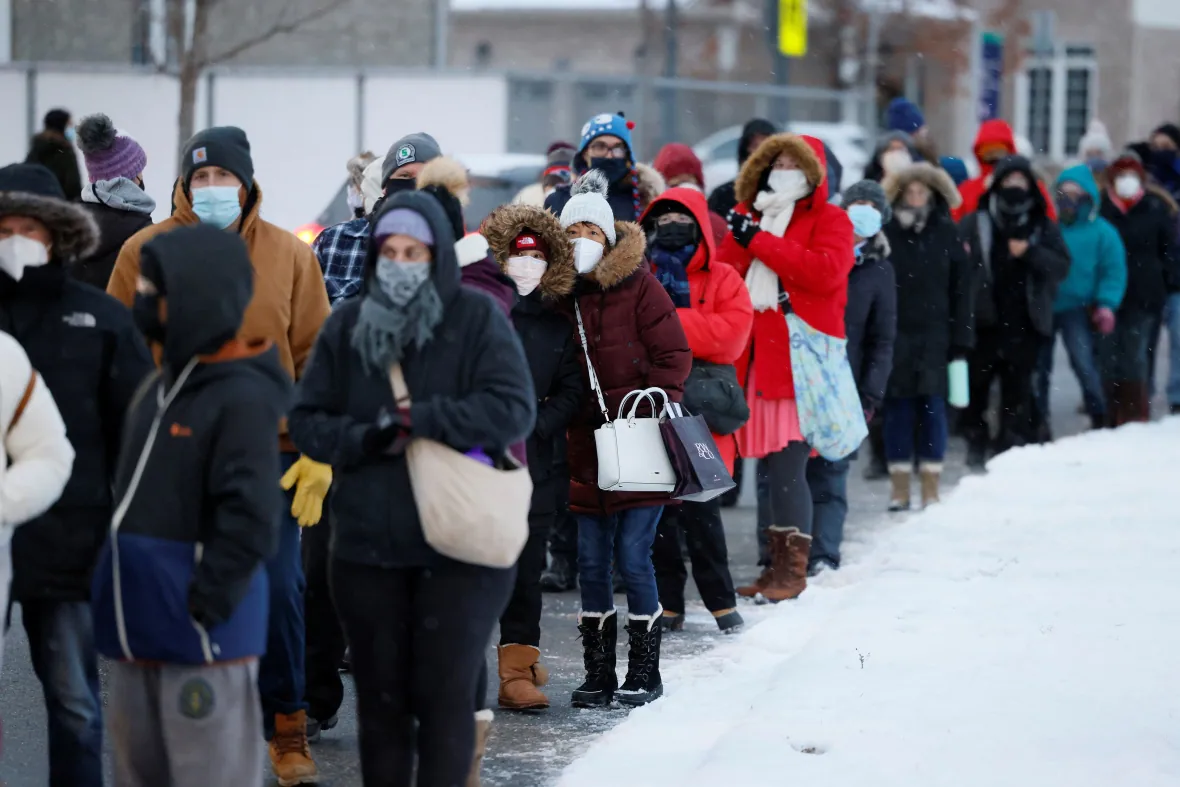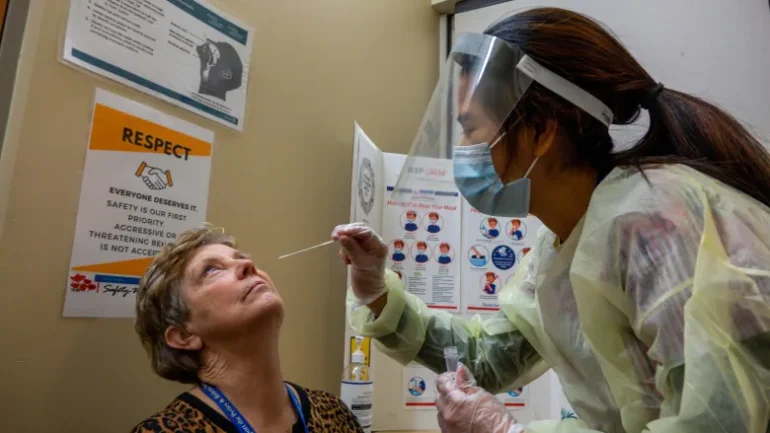- Your cart is empty
- Continue Shopping
Experts examine how COVID-19 testing fits into Canada’s present and future

While Omicron has hurt access to PCR testing, we could still see expanded capacity, one expert says

Since the earliest days of the pandemic, COVID-19 testing has never been less accessible for the general public — and one expert says the testing tides have changed for the foreseeable future.
“This is the beginning of the end of testing as we know it, or as we’ve seen it before,” said Brenda Wilson, a public health physician and dean of community health at Memorial University of Newfoundland.
Wilson, who was a member of the federal government’s former COVID-19 Testing and Screening Expert Advisory Panel, noted jurisdictions across North America are changing rules on widespread testing for COVID-19.
In Ontario, publicly funded PCR testing has been strained since before the holidays, and the government has since announced only priority groups will get tested.
“We have shifted pretty much to a much more selective testing,” said Wilson. “With Omicron being so incredibly transmissible, and having spread to so many people, there’s really no way that any of the health system can keep up with … the way we’ve done it so far.”
Though it depends on whether new variants emerge and how the disease spreads, Wilson believes there will be a gradual shift to testing fewer people — much like how public health units don’t regularly test people for influenza.
This is the beginning of the end of testing as we know it, or as we’ve seen it before.- Brenda Wilson, Memorial University of Newfoundland
– Brenda Wilson, Memorial University of Newfoundland
She says main indicators for COVID shifted from “who does and doesn’t have [COVID]” to its impact on the health-care system.
“As this pandemic comes to an end, as we move into living with COVID and whatever endemic COVID is, I think we will see less and less testing,” she said.
With less focus on PCR testing, health units and labs are able to redirect personnel and resources to other needs, she added.
Though not as accurate, Wilson said individuals will rely more on rapid tests when seeking information on their health. Meanwhile, policy makers who need surveillance of community spread will turn more toward other methods such as wastewater testing.








